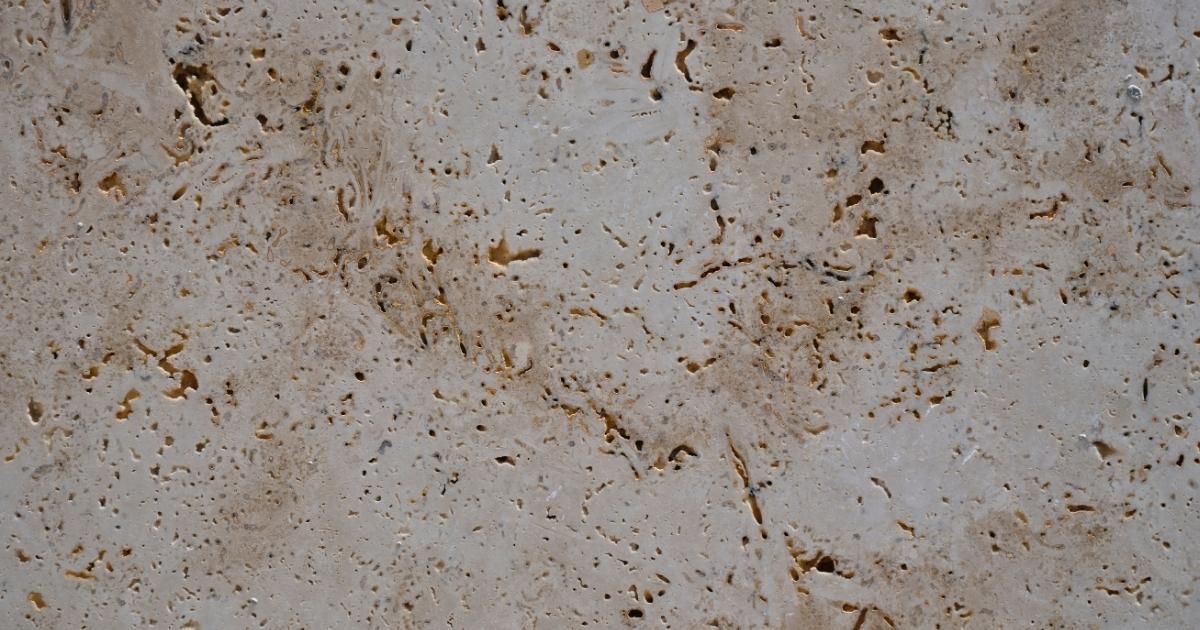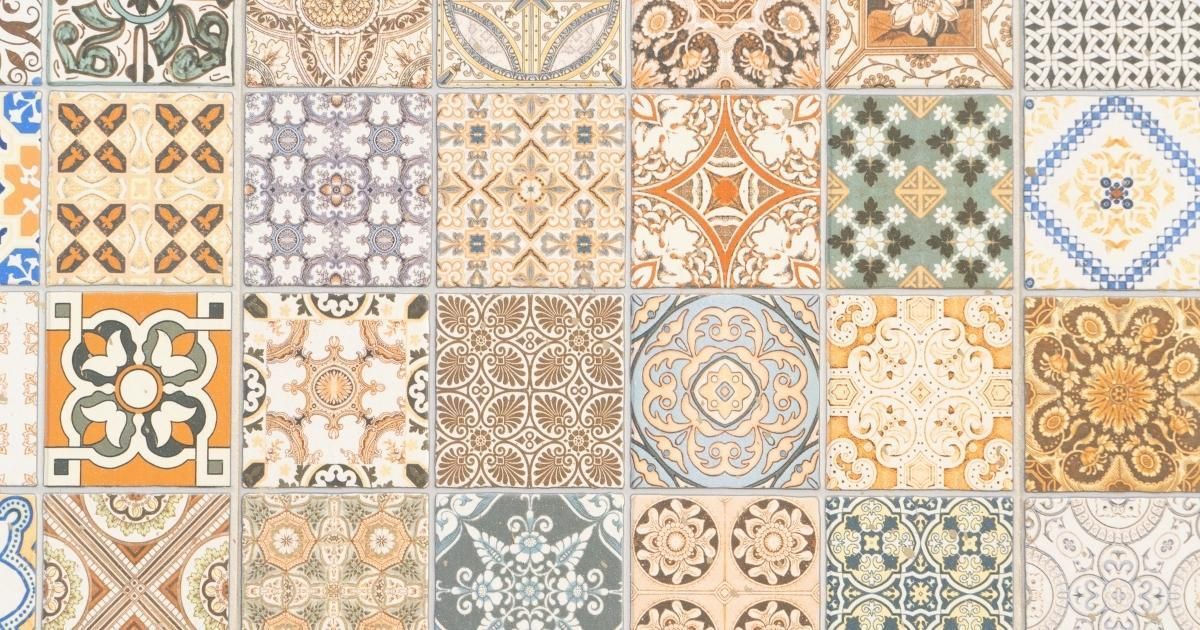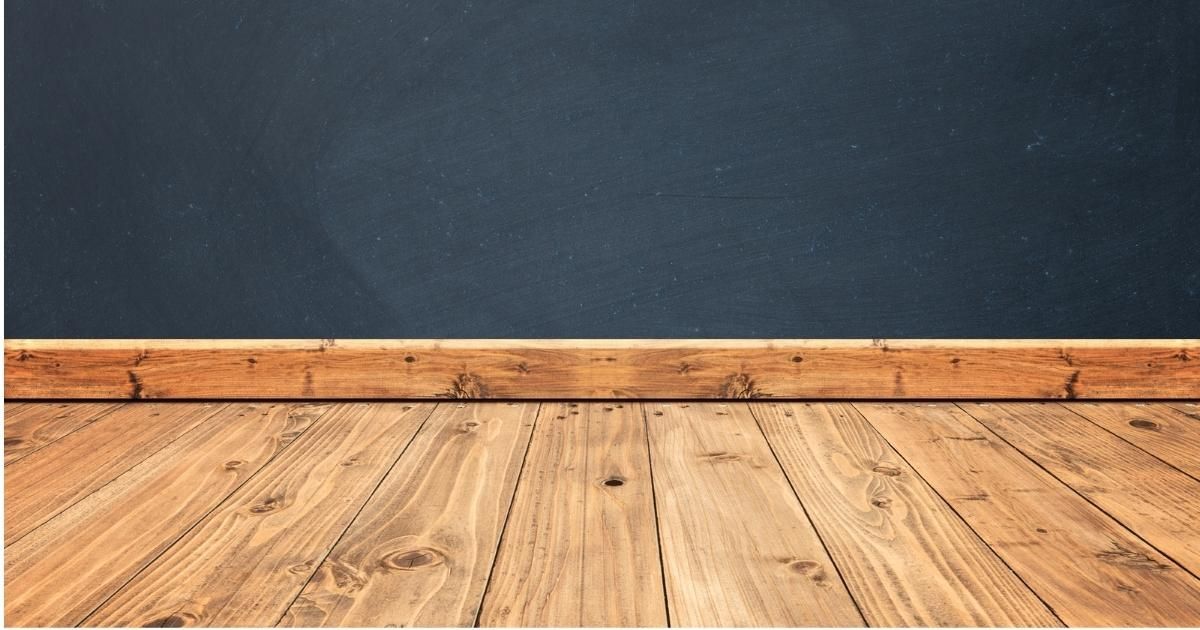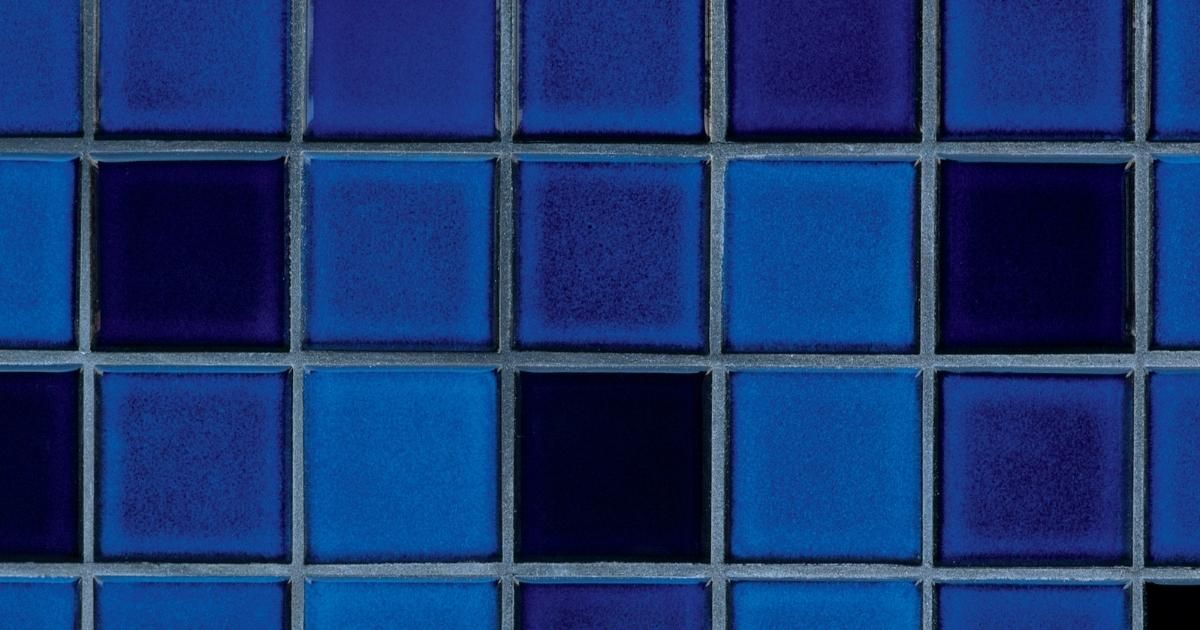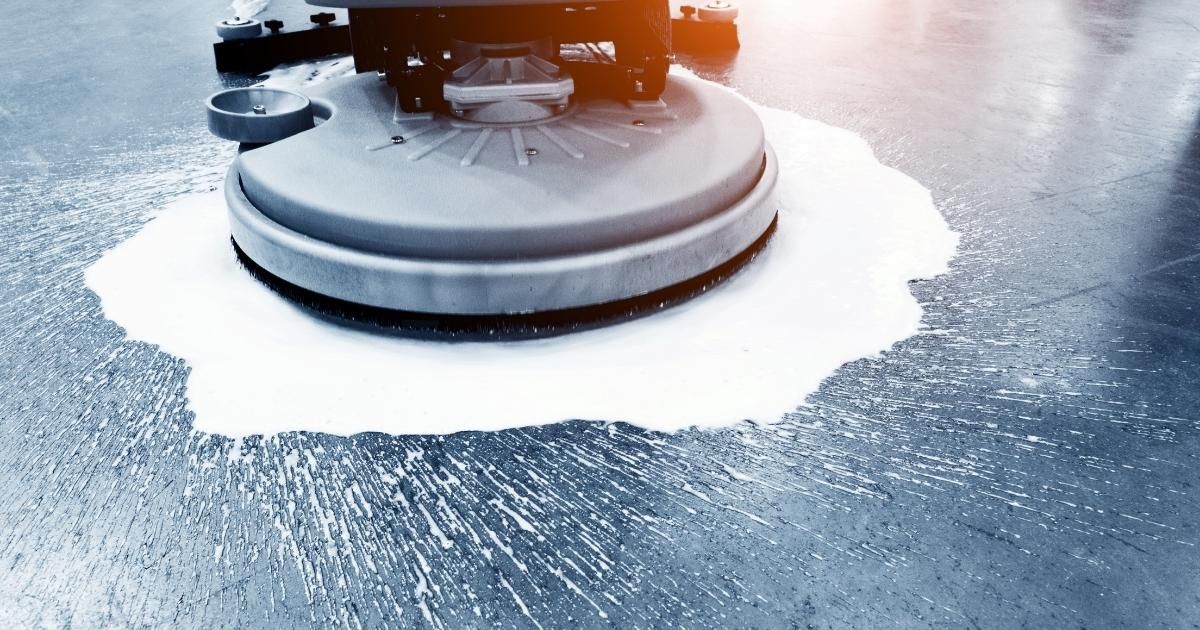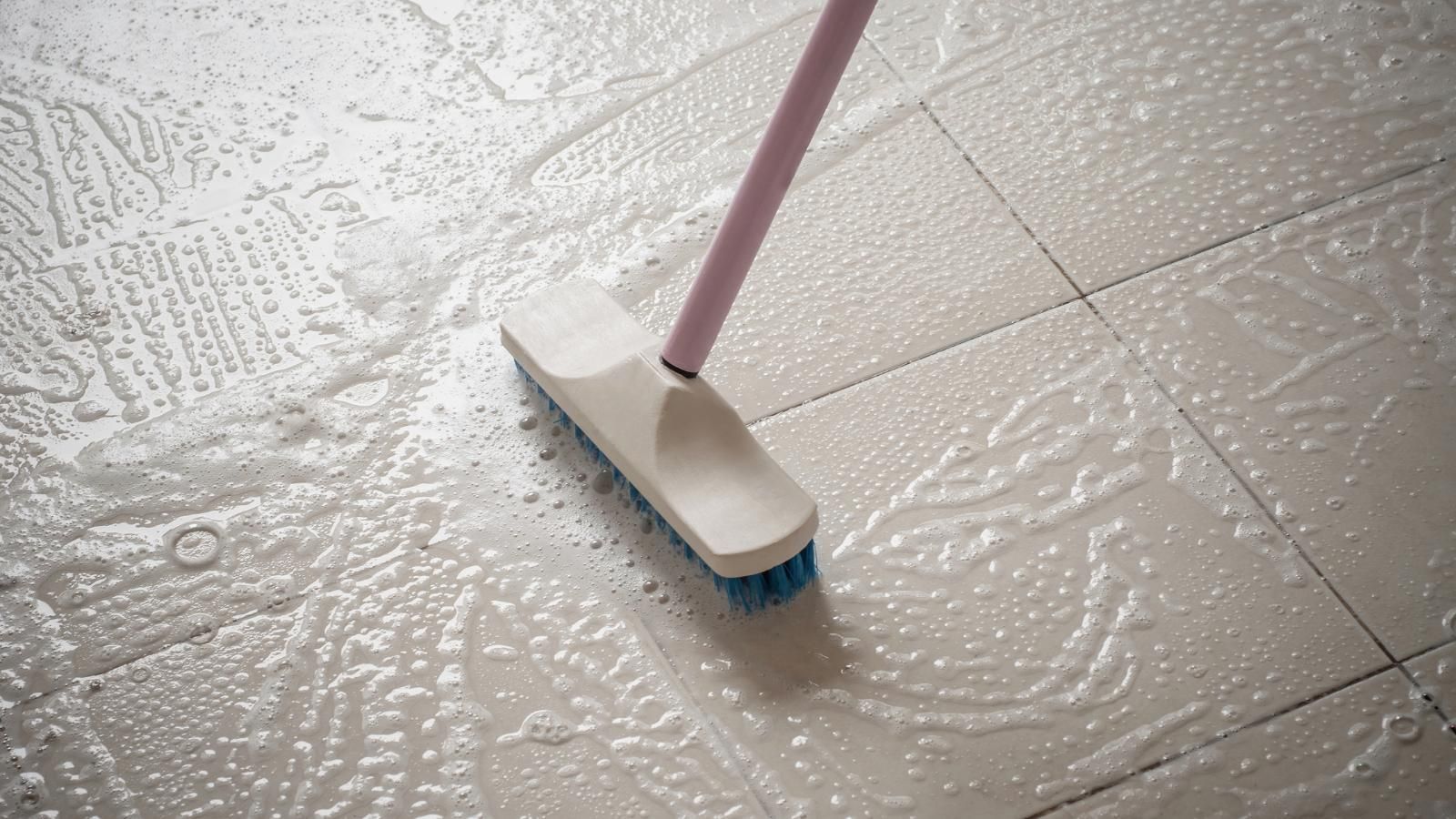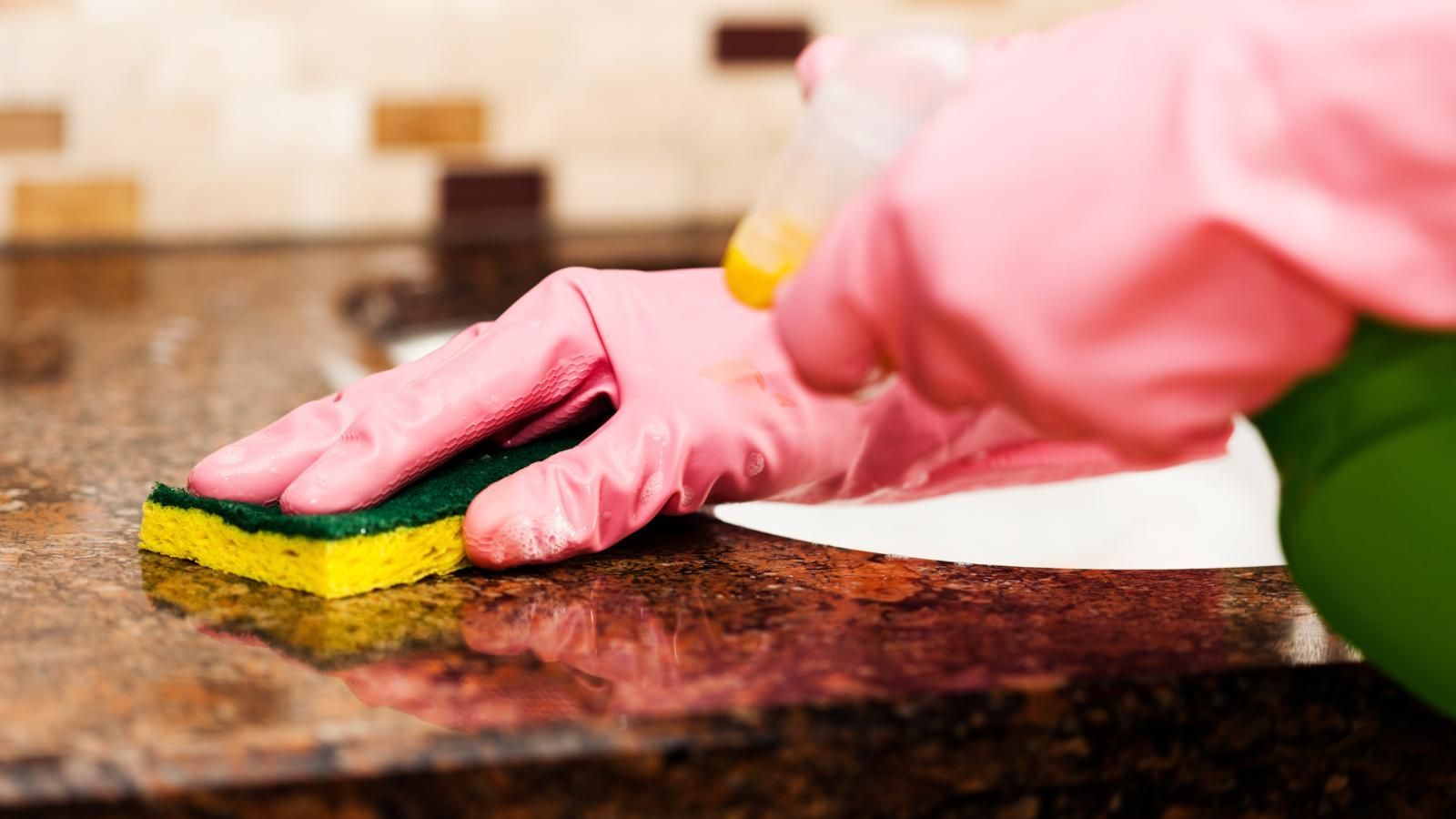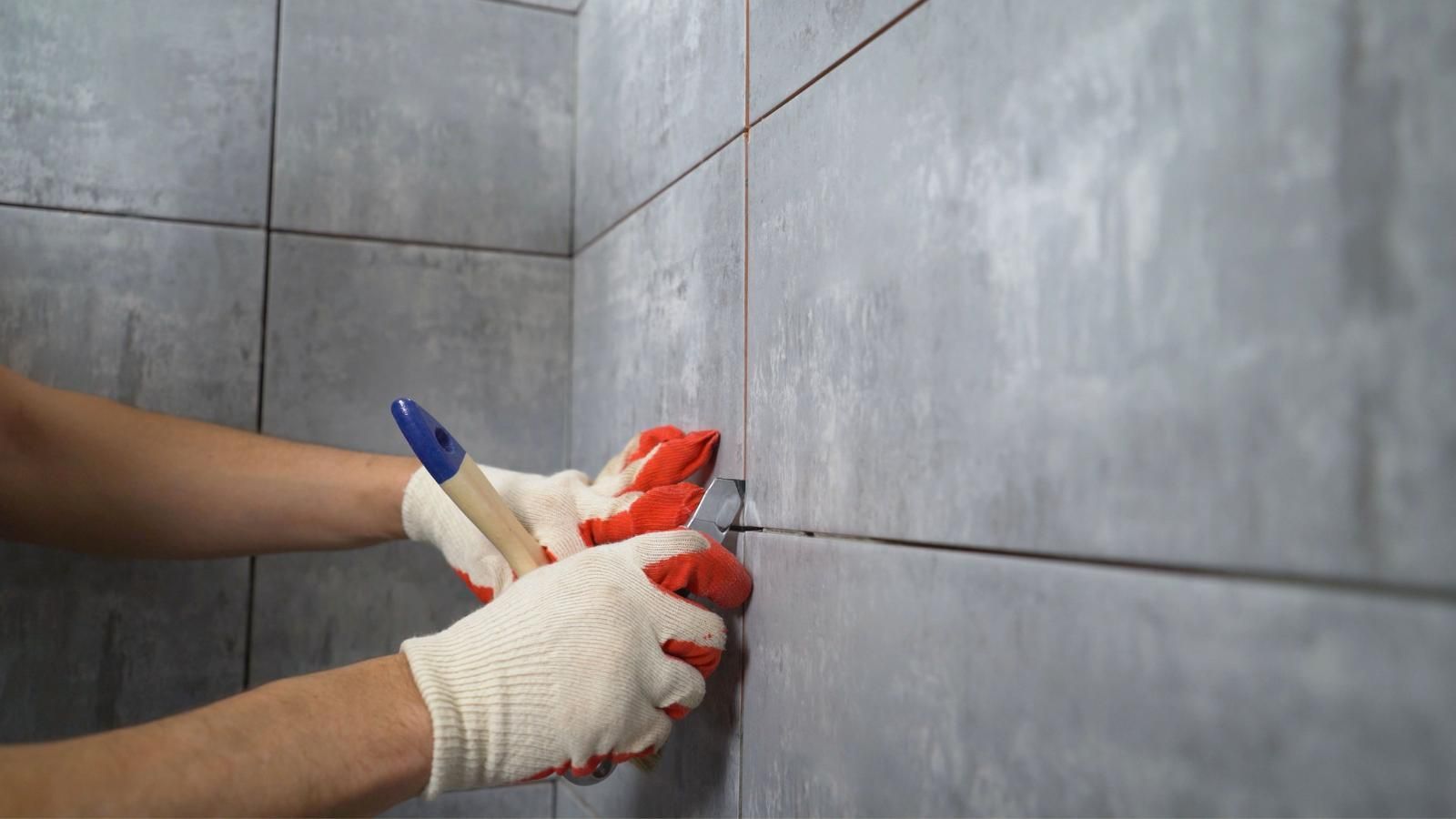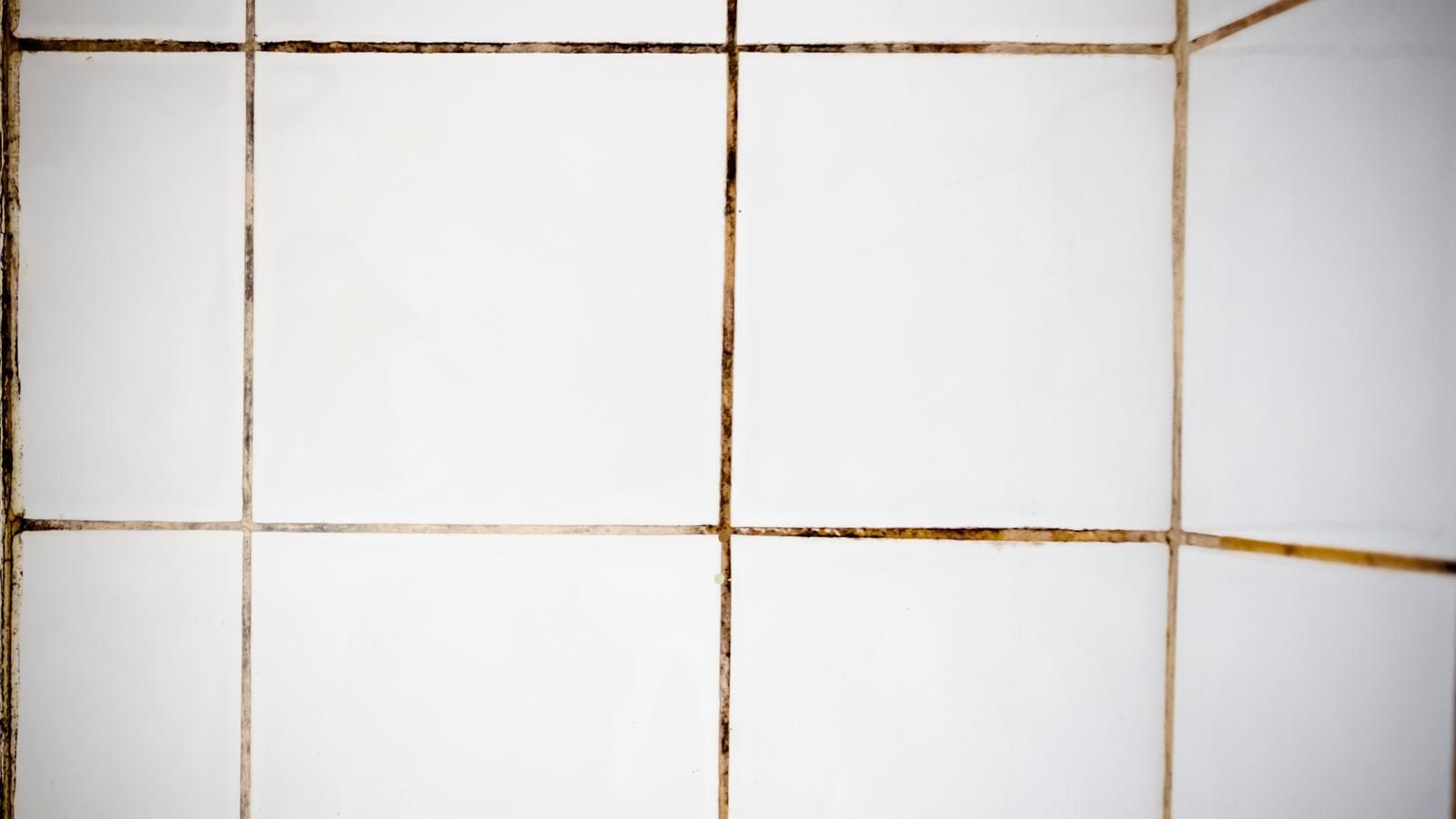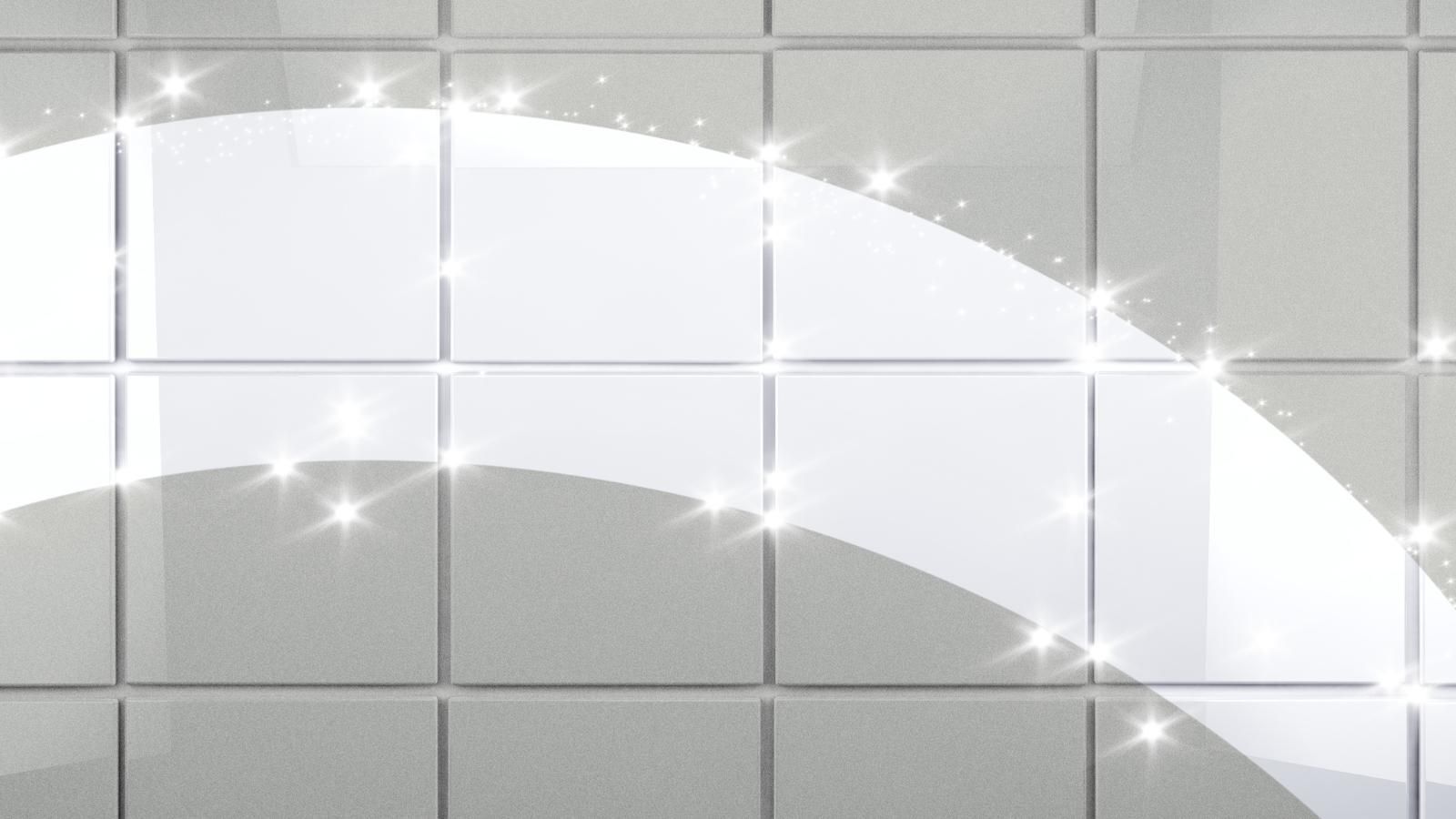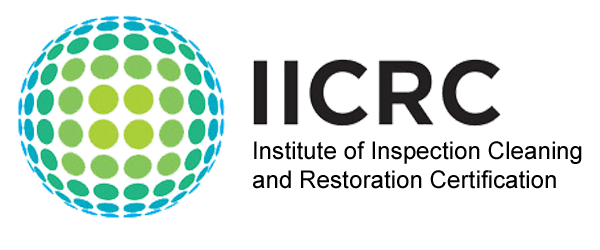Health Risks of Dirty Tile Grout
Tile and grout cleaning will become a house cleaning priority when you realize what’s lurking in those grout lines under your bare foot trek. Even when the floor looks clean, hidden dirt, bacteria, and other health hazards are drawn to grout lines like a magnet. The porous surface of grout traps mold, allergens, and harmful microbes, turning a spotless-looking kitchen or bathroom into a stealthy breeding ground for illness. The health risks associated with dirty tile grout are real, so we’ll show you how to address them. Certainly, professional cleaning will always be the gold standard, but we’ll also share safe and effective DIY cleaning tips.
In this post, you’ll learn how:
Professional cleaning is best for grout health — here’s why

To protect your family’s health and to keep your home truly clean,
nothing beats a professional tile and grout cleaning service. The pros have commercial-grade equipment and cleaners to safely and deeply remove embedded bacteria, mold, and allergens from tile grout. Household cleaners and brushes simply cannot remove the microscopic threats that can aggregate respiratory and allergy issues. Professional floor cleaners will restore the appearance of tile floors, enhance indoor air quality, and extend the lifespan of your floors. Allowing the experts to clean your dirty tiles gives you a healthy environment, beautifully clean floors, and lasting results.
Grout as a breeding ground for bacteria
Who knew dirty tile grout could lead to a phenomenon called “grout sickness? The porous nature of grout absorbs moisture, dirt, and microorganisms. According to the Environmental Protection Agency (EPA), damp indoor environments can foster microbial growth, including bacteria that are responsible for respiratory issues, allergies, and skin irritations. Bacteria like E. coli and Staphylococcus can cling to grout lines and multiply, and harm your health if not properly sanitized.
Mold, mildew, and allergen triggers
Warm, damp environments, like kitchens and bathrooms, are a haven for mold spores that thrive in your tile grout. Moisture from mopping, showers, and everyday humidity provides the perfect breeding ground for mold and mildew growth that can cause health problems. Those creepy little mold spores won’t stay put either; they can circulate in the air you breathe.
Dirty grout tiles that are discolored and/or smelly are signs of hidden health hazards that cannot be eliminated with a surface-level scrub.
Chemical residues and toxic risks
Is grout toxic? When the grout lines absorb chemical residues, they can become toxic. Household cleaners like bleach, ammonia, or acid-based formulas must be thoroughly rinsed away. Trapped residue from these chemicals releases volatile organic compounds (VOCs) into the air, contributing to headaches, throat irritation, or long-term respiratory issues. The Environmental Working Group (EWG) reports that consistent exposure to toxic cleaning chemicals indoors is linked to asthma and hormone disruption risks. Safer alternative cleaners are natural solutions such as diluted vinegar, baking soda, or pH-neutral floor cleaners. The best option is hiring a professional floor cleaning service to clean dirty tile grout with eco-friendly, non-toxic agents that deeply clean the floors without compromising a healthy environment.
How can I clean dirty tile grout at home?
You can safely clean dirty tile grout at home when you’re not yet ready to call in the pros. Your efforts will still help maintain the appearance and cleanliness of your grout between professional cleanings.
Follow this 4-step method:
- Make a natural cleaner: Make a paste by mixing baking soda and water together, apply it to the dirty tile grout, and spray the area with white vinegar. The vinegar will soak into the baking soda paste and disinfect the floor.
- Scrub with a soft brush: With an old toothbrush or a grout brush, gently work the mixture into the grout lines. Avoid very stiff or metal brushes-they can damage grout.
- Let it sit, then rinse: Give the cleaner time to work for about 5 – 10 minutes, and rinse it thoroughly with warm water to prevent residue buildup.
- Dry completely: Dry the floor with a microfiber towel to reduce moisture retention.
To maintain your floors after a professional or DIY cleaning:
- Keep the tile dry by wiping down after mopping or showers.
- Use door mats to limit dirt tracked inside.
- Consider sealing your grout annually to repel moisture and stains.
DIY methods will maintain cleaner grout; however, professional tile and grout cleaning remains the standard for long-term health and flooring durability.
Keep your tile grout safe, healthy, and beautiful
Dirty tile grout is more than an appearance issue; it’s a hidden health risk. Bacteria, mold, chemical residues, and allergens trapped in grout lines have the potential to compromise your home’s air quality, which in turn adversely affects your family’s health. DIY efforts done correctly will maintain your tile floors, yet professional tile and grout cleaning is the best way to eliminate deep-seated contaminants and extend your floor’s lifespan.
For homeowners in Myrtle Beach, Conway, Little River, Longs, SC, and the surrounding areas,
Hemingway’s Floor Cleaning delivers exceptional results with eco-friendly methods you can trust. Schedule your next cleaning today and enjoy safe, clean, and beautiful tile floors. 843-907-1558

